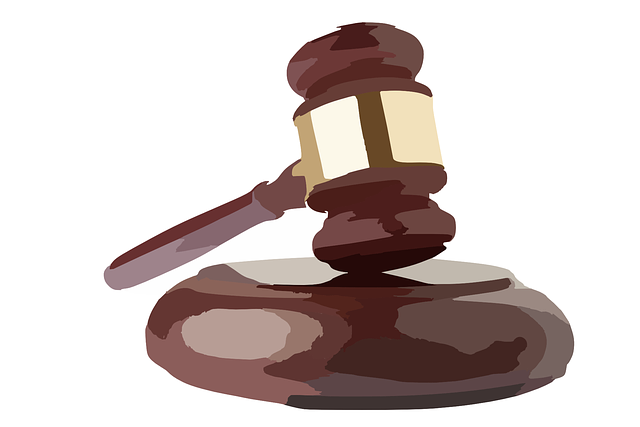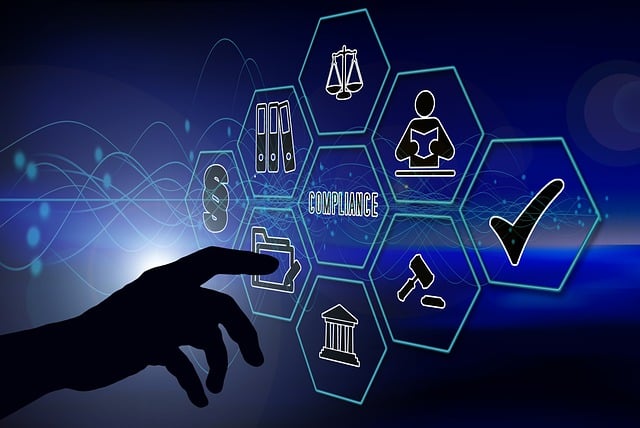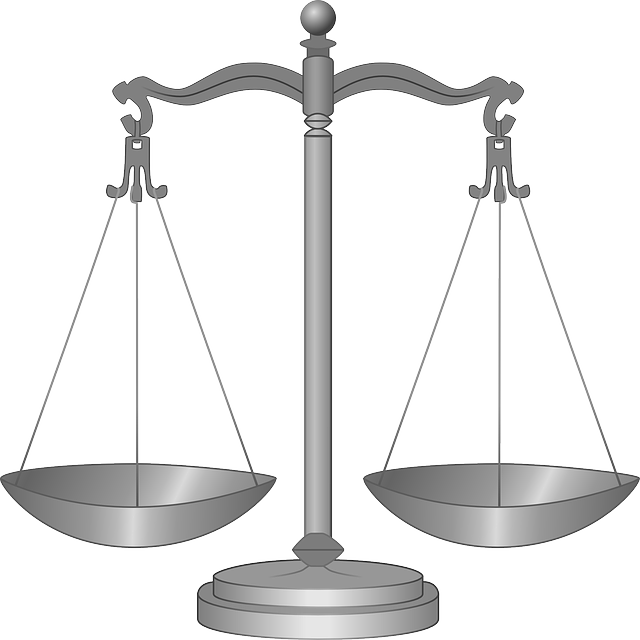Legal enforcement is a vital cornerstone of societal safety and order, effectively translating judicial decisions into action through a balanced approach of proactive policing and swift, fair justice. Modern technologies and data-driven insights help law enforcement navigate bustling metropolitan areas, while well-trained officers with advanced tools safeguard communities. Key challenges include non-cooperative parties, bureaucratic delays, ambiguities in law interpretation, and securing digital records, emphasizing the need for continuous improvement within legal systems. Strategic techniques like robust communication, meticulous documentation, and technology utilization enhance legal enforcement integrity, ensuring resolutions are executed faithfully and justly.
In a functioning democracy, the enforcement of legal judgments is paramount for upholding justice and maintaining societal order. This article delves into the intricate world of legal judgments, exploring their significance and the vital role they play in ensuring accountability. We examine challenges impeding effective legal enforcement, from procedural hurdles to resource constraints. Furthermore, it provides practical strategies and advocacy techniques to strengthen this crucial process, emphasizing the collective responsibility to safeguard the rule of law.
- Understanding Legal Judgments: What They Entail and Their Significance
- The Role of Enforcement in Ensuring Justice and Accountability
- Challenges and Barriers to Effective Legal Enforcement
- Strategies and Advocacy Techniques for Strengthening Legal Judgment Enforcement
Understanding Legal Judgments: What They Entail and Their Significance

The Role of Enforcement in Ensuring Justice and Accountability

The role of legal enforcement is paramount in upholding justice and maintaining a functioning society. When a judgment is passed, it sets a precedent and establishes accountability for the parties involved. However, ensuring that these judgments are enforced effectively is where the real challenge lies. Legal enforcement acts as a crucial check and balance, preventing violations and ensuring that rights are respected. It ensures that individuals and entities are held responsible for their actions, fostering an environment of fairness and equality.
Without robust legal enforcement, there would be little deterrence against contemptuous behavior. It is the mechanism that translates judicial decisions into actionable outcomes, allowing for the resolution of disputes and the protection of victims’ rights. This process is vital to maintaining social order and public trust in the justice system. Effective legal enforcement empowers citizens, instills a sense of security, and strengthens the rule of law.
Challenges and Barriers to Effective Legal Enforcement

Enforcing legal judgments is a complex process, often fraught with challenges and barriers that can delay or impede the resolution intended by the court. One significant hurdle is the lack of cooperation from parties involved, whether it’s willful non-compliance or a result of financial constraints. Delays in execution can occur due to bureaucratic procedures, where case files get lost or face administrative backlogs, causing undue postponements.
Another common obstacle is the interpretation and application of laws themselves. Ambiguity in legal language or differing interpretations by enforcing agencies can lead to inconsistencies in judgment enforcement. Furthermore, the global shift towards digital transformation presents new challenges, including securing electronic records and ensuring the integrity of data during execution processes. These barriers underscore the importance of continuous improvement in legal systems to facilitate effective legal enforcement.
Strategies and Advocacy Techniques for Strengthening Legal Judgment Enforcement

Ensuring the effective enforcement of legal judgments is paramount for upholding the integrity of the justice system. To strengthen this process, advocates can employ several strategic techniques. One key approach involves utilizing robust communication channels to ensure all parties involved are clearly informed about their rights and obligations. This includes meticulous documentation and transparent updates, reducing ambiguity that could hinder progress.
Additionally, leveraging legal expertise to interpret complex judgments and crafting tailored strategies for enforcement is vital. Collaborating with enforcement agencies and utilizing technological tools for efficient case management can significantly enhance the overall process. By combining these methods, advocates can navigate the complexities of legal enforcement, ensuring resolutions are executed faithfully and justly.






